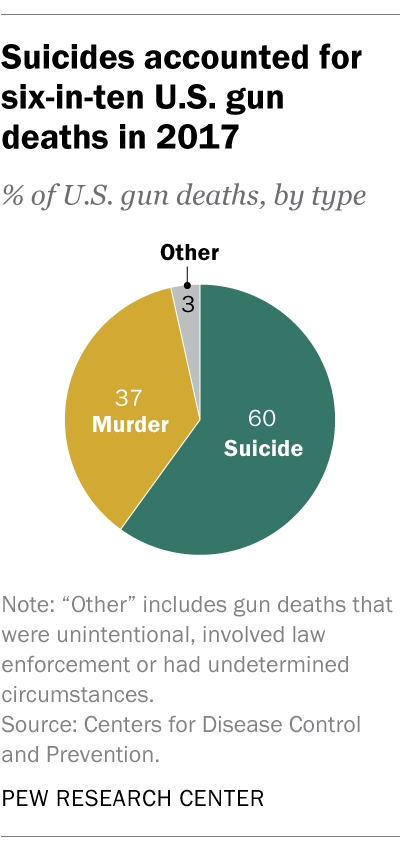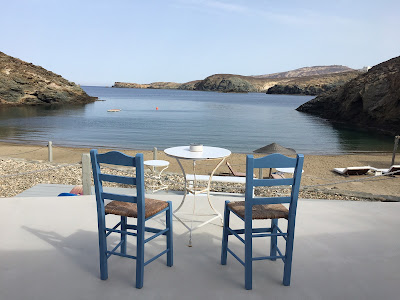The following column appeared this past Tuesday in Greece’s award-winning Athens Insider Magazine. The only change I’ve made to my published text is to update the statistics to include additional Covid-19 cases and deaths reported since Tuesday in Greece and the United States.
The original version as published can be found here.
With tourist season behind us, a restless populus is understandably anxious to resume its old ways, writes American mystery writer and long-time Greek resident Jeff Siger in his sixth Corona Chronicle. But for those who question the wisdom of the latest measures here in Greece, one need only look to Trump’s America for a cautionary tale.
This is the sixth of my monthly chronicles on living through pandemic times, as told from the perspective of an American mystery writer who has called Greece home for 35 years. Since I wrote my last column, my wife and I are back in lockdown mode at our pastoral New Jersey farm. We’ve kept track of the seasons by keeping an eye on the changing colors of the foliage and activities of our resident bear. The colors have shifted from a varying palette of deep greens to the burnished golds and reds of autumn, the bear no longer cools itself in our pond, and my wife awaits the day that I write an optimistic column on the state of our world’s battle with this plague.
I regret to inform her today shall not be that day.
I sincerely wish I could write such a piece, but that would be disingenuous, and if experts are to be believed, no date looms on the horizon for when I predictably may be able to do so.
People are tiring of the battle, desperate to put memories of 2020 behind them, and resume the unrestricted lives they once led. These last warm days of autumn are drawing folk out in droves, eager to escape the cabin fever that’s kept them penned in for months. I share their desire but temper mine with a simple indisputable scientific fact: The virus does not tire, cannot be willed away, and takes ruthless advantage of any edge we give it. And we’re giving it many.
When governments allow politics to trump public health science as the means for appeasing their electorate’s understandable longings for the pandemic to “just go away,” the virus pounces. Nowhere is that more evident than in the United States, except perhaps Brazil, but virtually all the world has shown itself vulnerable to some degree to that sort of thinking. As we head into the worst of the flu season, we need hope, we need vaccines, we need therapeutics, but more than anything else we need leadership.
As I’ve written before—quoting Joseph Stalin—“The death of one person is a tragedy. The death of millions a statistic.” We cannot allow our leaders to allow us to fall prey to that sort of numbed thinking.
Artists are attempting to put faces to the statistics, writers offer personal takes on the lives of the dead and crippled, and musicians seek to keep our souls afloat while we await to see whether we’ll be the next statistic. But those efforts shall not help us to defeat the virus if inept leadership obtains.
So how is Greece doing?
Starting in the last days of July, Greece’s statistics have steadily risen, attaining record weekly highs in mid-October, reporting more than 37,000 Covid-19 cases and over 600 deaths since February. Deaths in October alone have far outstripped total pandemic deaths in Greece during all previous months. Though more than eighty countries report higher case and death totals than Greece, its health authorities are alarmed. Mask wearing is now mandated nationwide, lockdowns have been reimposed in some (but not all) regions of Greece where most cases are reported, and an overnight curfew is now in effect in Athens and other high alert areas. This is not the only crisis Greece is facing at the moment, but it is one the nation can address unilaterally--as it so successfully has earlier this year.
The tourist season has had its expected impact on the spread, and a restless population is understandably anxious to resume its old ways, but as winter approaches, it is more important than ever that Greece’s government continues to follow the advice of its public health scientists. For those who question the wisdom of that approach, one need only look to the United States for an example of the consequences of leadership disregarding science. Reported cases in the United States now exceed 9,000,000 with deaths above 230,000. Adjusting for a population thirty times the size of Greece, if Greece followed the example of the US, its case total would be greater than 300,000 (instead of 37,000) and deaths would exceed 7600 (instead of 600).
Think about that…as you hopefully wash your hands, put on your mask, socially distance, and avoid crowds.
And think about this too: In nations where governments tout plans for achieving “herd immunity,” is that really a plan, or simply an excuse for avoiding the difficult political decisions necessary to safeguard the health and safety of their citizens. “Herd immunity” is an epidemiological term for when a sufficiently large percentage of a population (estimated to be 70% for Covid-19) has developed immunity to a virus so that it is unlikely to spread. BUT, herd immunity is meant to be achieved through the administration of vaccines, not by a government’s barbaric decision to allow a frightening disease to run rampant through an unprotected population, unnecessarily killing millions and crippling multiples more. A return to the Middle Ages is not a solution.
By the way, there’s no need to take my word on any of this. My resident bear can give you guidance on the subject. After all, he belongs to no herd…but finds prey among the weakest and unprotected of those who do. Stay tune for better news. Those days shall come. I promise.
–Jeff
PS. And for those of you who don’t find this scary enough…HAPPY HALLOWEEN.





























































